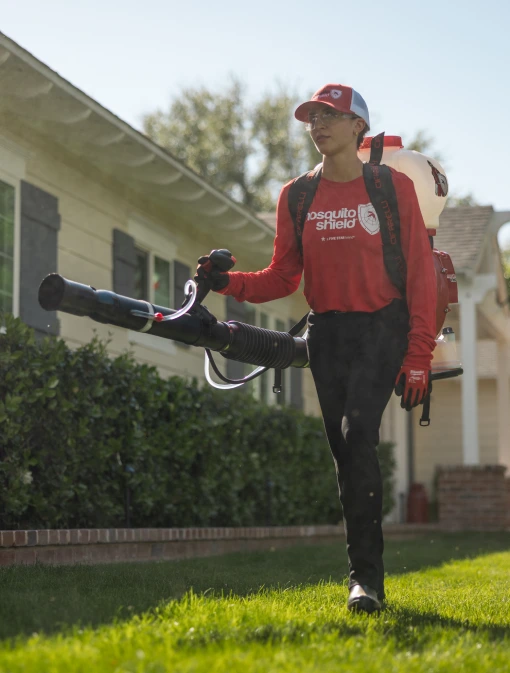Experience relaxation and peace in your backyard with our proven mosquito control solution. Trusted by families in Galena, our innovative approach not only repels mosquitoes but also establishes a durable barrier customized to your outdoor environment. Mosquito Shield of North Columbus is dedicated to creating mosquito-free zones, so you can enjoy your outdoor spaces without interruption.
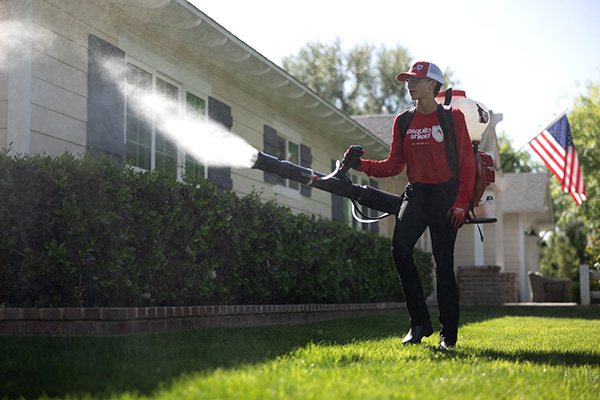
Effective mosquito control in Galena, OH, that drives mosquitoes away and keeps them out of your yard.

Enjoy mosquito-free outdoor time in Galena with treatments designed to provide lasting results.

Highly rated mosquito control services in Galena, trusted by residents to enhance outdoor living.

Galena, Ohio, is a village in Delaware County on the northern tip of Hoover Reservoir, featuring wooded residential lots, creek corridors, drainage ditches, stormwater retention areas, and nearby preserves such as Char‑Mar Ridge. These natural water features, mature trees, and humid conditions support significant mosquito and tick activity throughout warm months.
Galena’s wooded yards, pond edges, creekside trails, retention basins, and greenway buffers sustain elevated mosquito and tick populations during spring through fall.
Residents face mosquito‑borne threats like West Nile virus, with services such as Mosquito Shield of North Columbus offering barrier treatments in Galena. Tick‑borne illnesses—including Lyme disease, ehrlichiosis, and Rocky Mountain spotted fever—are increasingly common across Ohio, with state physicians reporting a sharp rise in cases (over 1,700 Lyme cases statewide in 2024).
Recommended prevention efforts include:
Professional pest control plus homeowner vigilance (and public health messaging) help keep Galena safe, usable, and outdoor‑friendly throughout vector season.
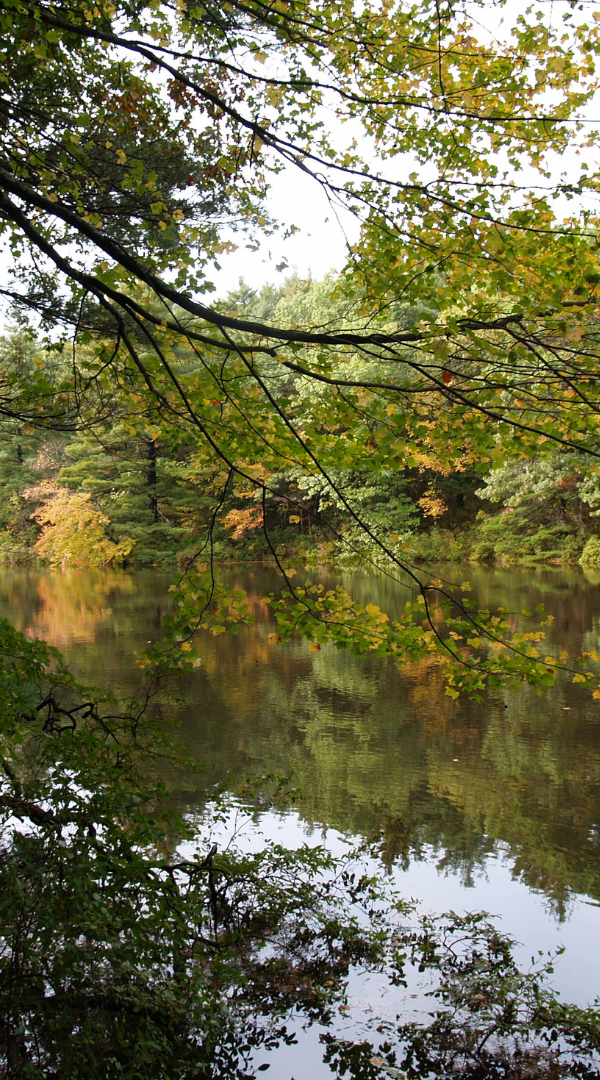
The weather in Galena aligns with central Ohio’s humid continental climate: warm, humid summers and cold winters. Mosquito season typically runs from May through October, while tick activity is highest from April through September. In 2025, the Ohio Department of Health reported West Nile–positive mosquito pools in several counties—including nearby Franklin—and over 500 confirmed human Lyme cases statewide by late June.


Identification: Small, dark brown to black mosquito with white scales on the thorax and legs.
Habitat: Breeds in natural containers like tree holes and artificial containers such as tires.
Behavior: Daytime biter; females are aggressive and primarily feed on mammals.
Health Risks: Primary vector of La Crosse encephalitis virus.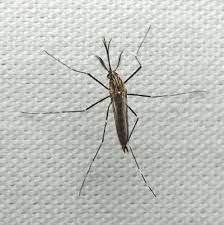
Identification: Medium-sized, dark mosquito with bronze-colored scales and distinct white markings on the legs and thorax.
Habitat: Prefers artificial containers, rock pools, and tree holes.
Behavior: Active during the day; feeds on mammals and birds.
Health Risks: Potential vector for West Nile virus and La Crosse encephalitis.
Identification: Medium-sized with a brown body and white bands on the abdomen and legs.
Habitat: Breeds in temporary floodwaters, such as rain pools and marshes.
Behavior: Nocturnal; females are persistent biters of mammals.
Health Risks: Potential vector for West Nile virus.
Identification: Small to medium-sized, light brown mosquito with unbanded legs and a blunt abdomen.
Habitat: Breeds in stagnant water sources like ditches, storm drains, and containers.
Behavior: Active during dusk and dawn; females prefer avian hosts but will bite humans.
Health Risks: Primary vector of West Nile virus.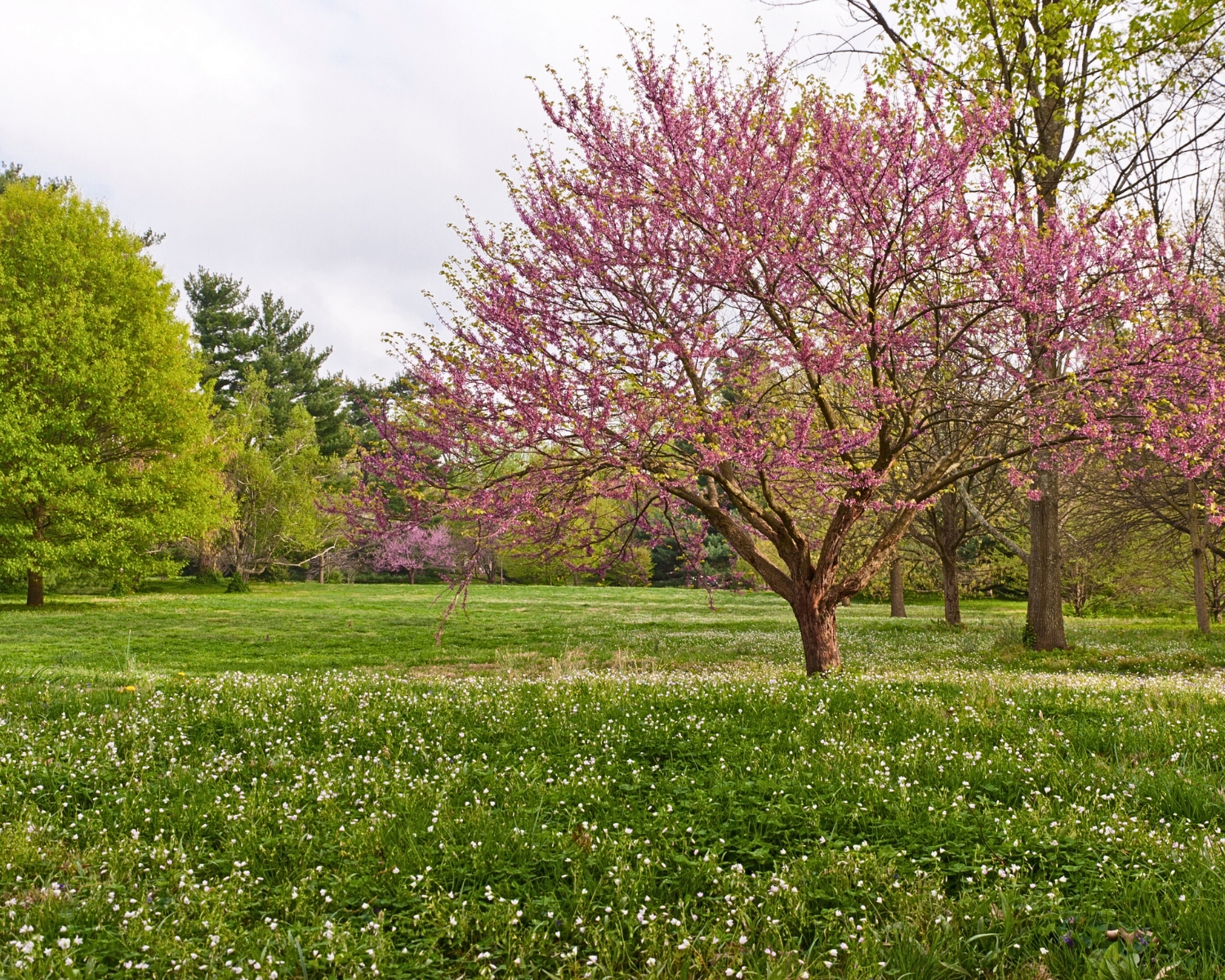
Key Activity: Mosquito season kicks off with spring rain and rising temps.
Breeding: Pollen-clogged gutters, overwatered lawns, and yard waste bins trap standing water.
Common Species Active: Aedes aegypti and Culex quinquefasciatus begin emerging.
Behavior: Biting starts in early mornings and evenings, particularly near shaded patios and greenbelt trails.

Key Activity: Peak mosquito season—hot, muggy conditions dominate.
Breeding: Standing water builds up fast around AC drip lines, pool covers, or kids' toys left outside.
Common Species Active: Aedes albopictus, Aedes aegypti, and Culex quinquefasciatus are all highly active.
Behavior: Expect all-day biting in areas like Galena.
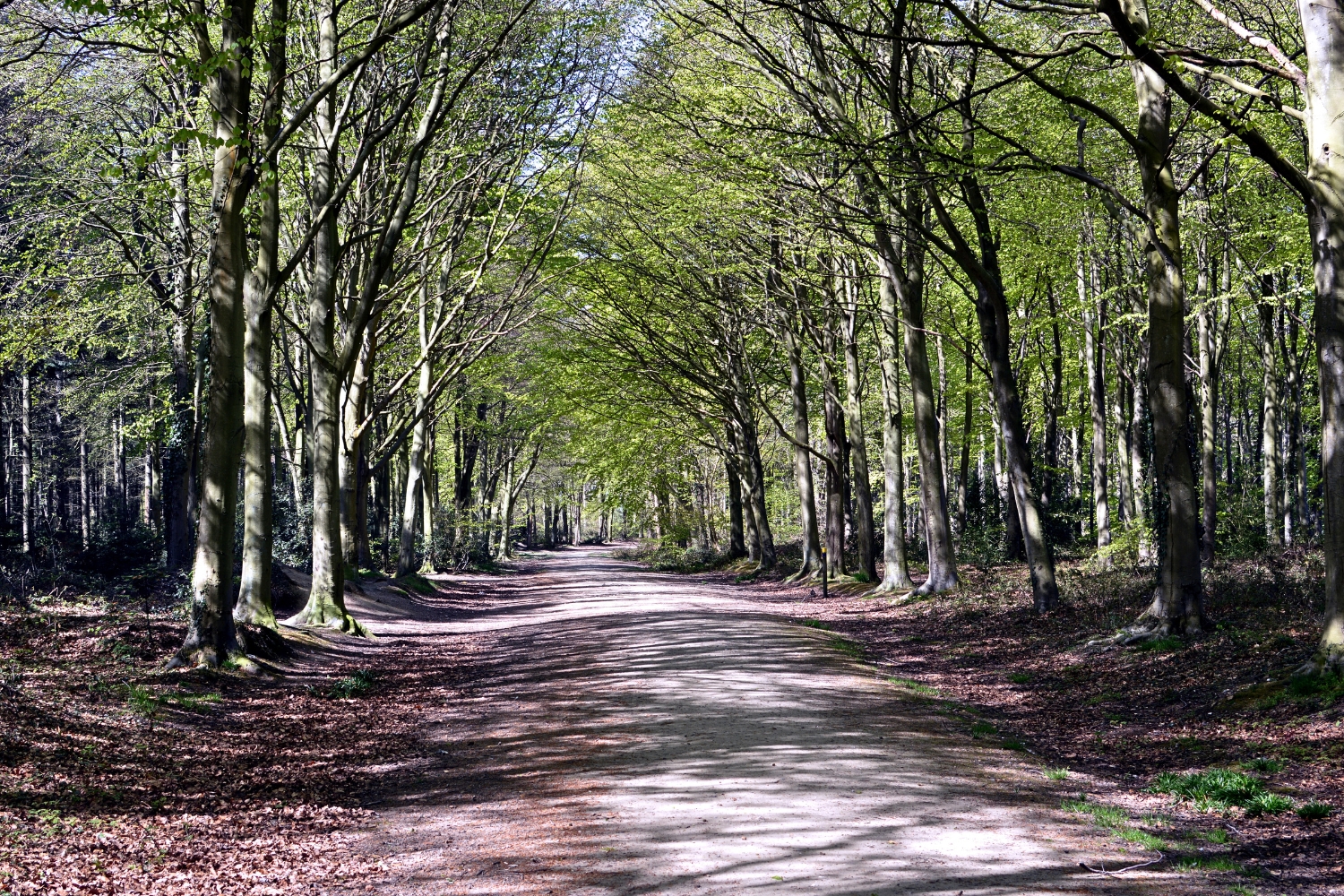
Key Activity: Mosquito activity declines but doesn’t disappear until first cold snap.
Breeding: Rain and falling leaves keep gutters and low points damp.
Common Species Active: Culex and Aedes species still linger.
Behavior: Warm fall afternoons can still bring biting pressure in wooded or shaded spots.
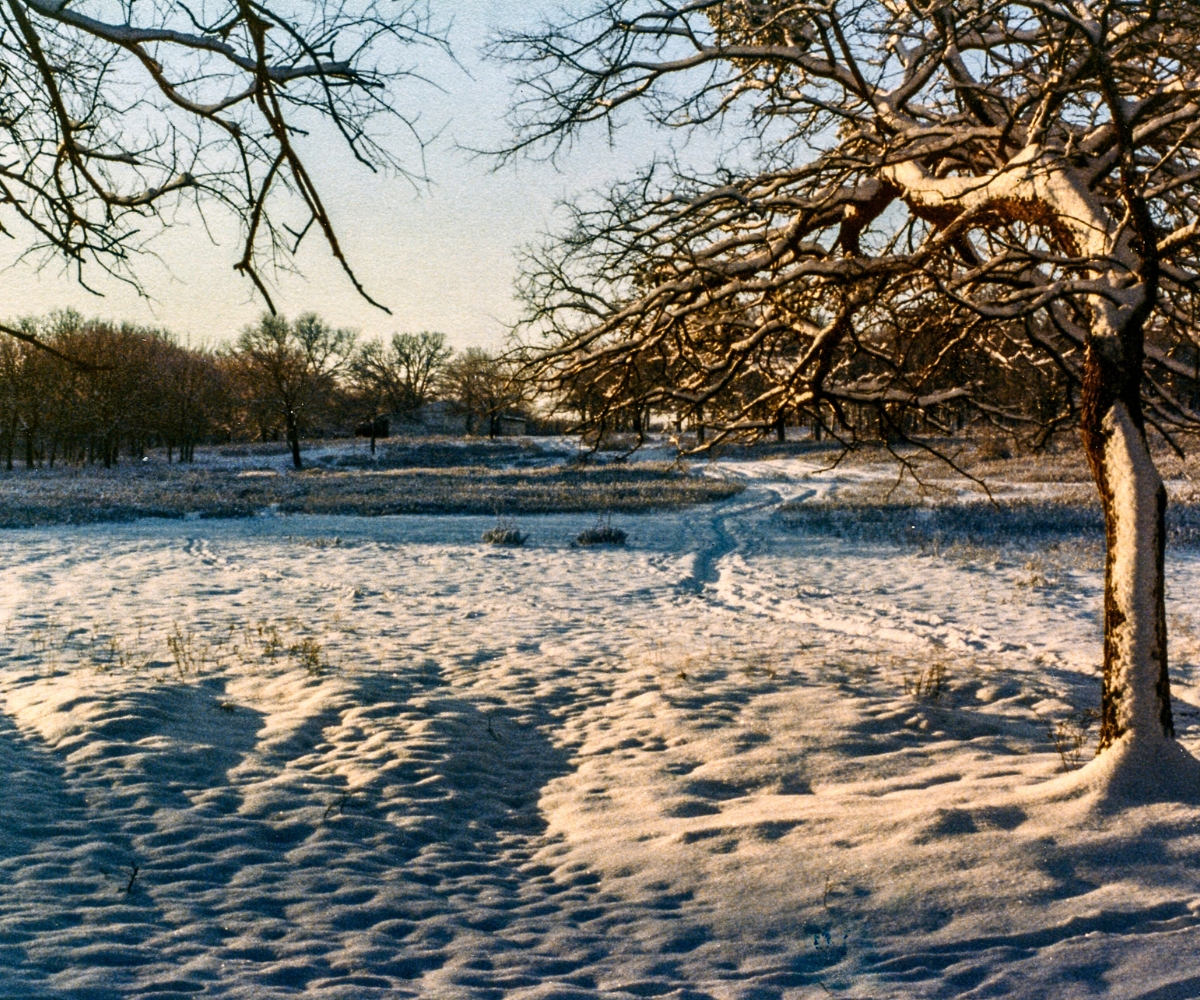
Key Activity: Cold slows mosquitoes, but activity doesn’t drop to zero.
Eggs: Aedes eggs survive dry spells and hatch come spring rains.
Adults: Culex adults may overwinter in sheds, basements, or crawlspaces.
Behavior: After a warm February rain, expect a brief mosquito resurgence.
